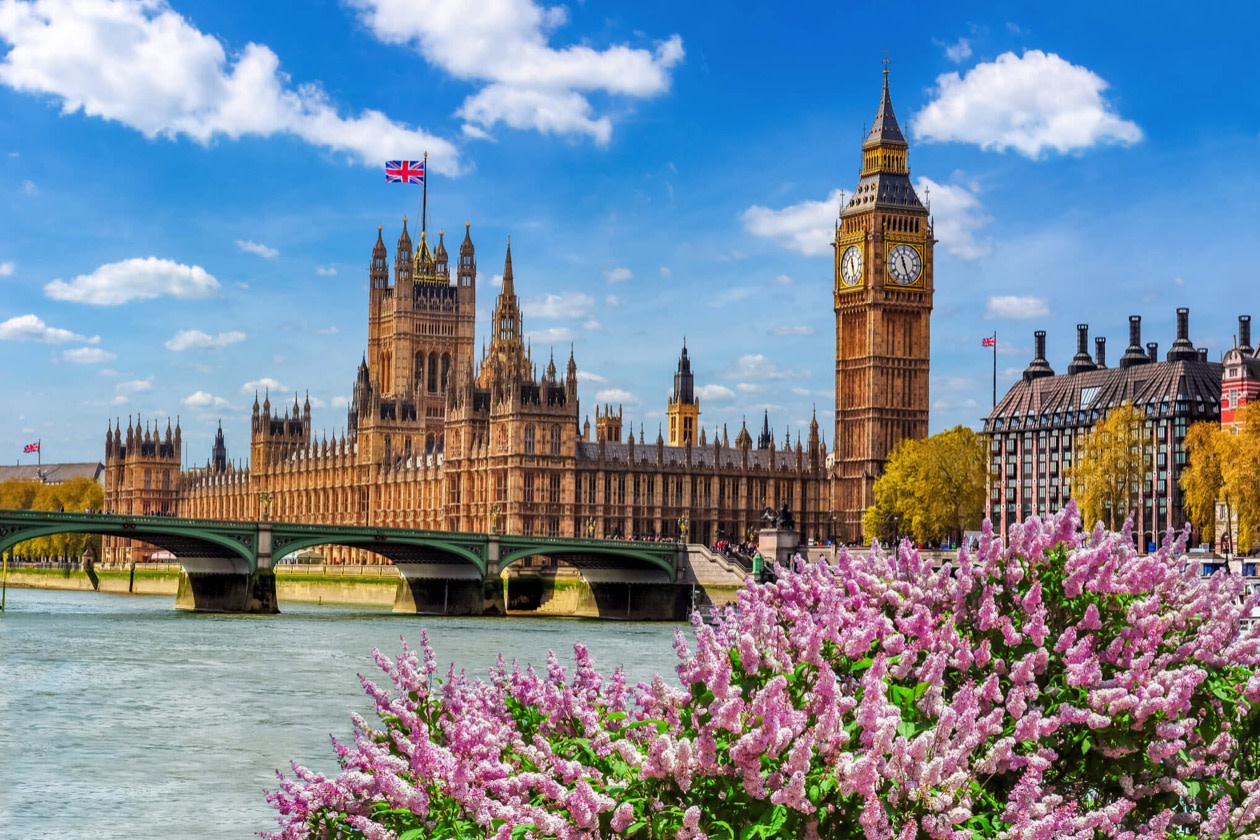Government borrowing in the UK slowed to a lower-than-expected £1.1 billion in July, providing some relief for Chancellor Rachel Reeves in the run-up to the autumn budget.
The Office for National Statistics said the figure, which was £2.3 billion less than the same month a year earlier, is the lowest July borrowing figure for three years.
It came after a rise in self-assessed income tax and national insurance payments helped increase tax receipts for the month.
July borrowing was lower than the £2 billion figure predicted by a consensus of economists.
Borrowing for the first four months of the financial year stood at £60 billion, £6.7 billion more than during the same period last year.
ONS deputy director for public sector finances Rob Doody said: “Borrowing this July was £2.3 billion down on the same month last year and was the lowest July figure for three years.
“This reflects strong increases in tax and national insurance receipts.
“However, in the first four months of the financial year as a whole, borrowing was over £6 billion higher than in the same period in 2024.”
The figures showed that central government receipts – the amount of money brought in, typically through taxes – was £100.1 billion for the month, up £8.8 billion against the same month last year.
This came as compulsory social contributions, which include national insurance payments, increased by £2.6 billion to £16.3 billion after recent changes to national insurance contributions (Nics) paid by employers.
Meanwhile, the Government also saw a £2.7 billion rise in self-assessed income tax receipts to £15.5 billion.
The ONS also reported that state spending rose by £5.3 billion to £92.1 billion in July, partly linked to increases to pay and benefits, as well as cost inflation within departments.
The figures come after warnings the Chancellor may need to raise taxes again in the budget in order to plug a black hole of up to £51 billion in the public finances.
It has been reported that the Government is looking at hitting owners of high-value houses with capital gains tax (CGT) when they sell their family home.
The Guardian also reported that the Government is considering an overhaul of the current system on stamp duty on property purchases.
Nevertheless, the Labour government has ruled out increasing income tax, employees’ national insurance contributions and VAT, restricting Ms Reeves’ options when it comes to raising money.
On Thursday, economists said that the latest data was positive for the Chancellor but does not halt the need for potential tax increases or spending cuts.
Elliott Jordan-Doak, senior UK economist at Pantheon Macroeconomics, said: “The Chancellor will still have to raise taxes in October despite borrowing matching official forecasts.
“The big picture remains that the public finances are in chronically weak condition.
“We think the Chancellor will need to resort to ’sin’ and ’stealth’ tax hikes, duty increases, and a pensions tax raid in order to meet her fiscal rules if she wants to meet her pledge of keeping headline tax rates unchanged.”
Chief secretary to the Treasury Darren Jones said: “We’re investing in our public services and modernising the state, to improve outcomes and reduce costs in the medium term.
“Far too much taxpayer money is spent on interest payments for the longstanding national debt.
“That’s why we’re driving down government borrowing over the course of the parliament – so working people don’t have to foot the bill and we can invest in better schools, hospitals and services for working families.”
This article was written by PA Deputy Business Editor and Henry Saker-Clark from Press Association and was legally licensed through the DiveMarketplace by Industry Dive. Please direct all licensing questions to legal@industrydive.com.

